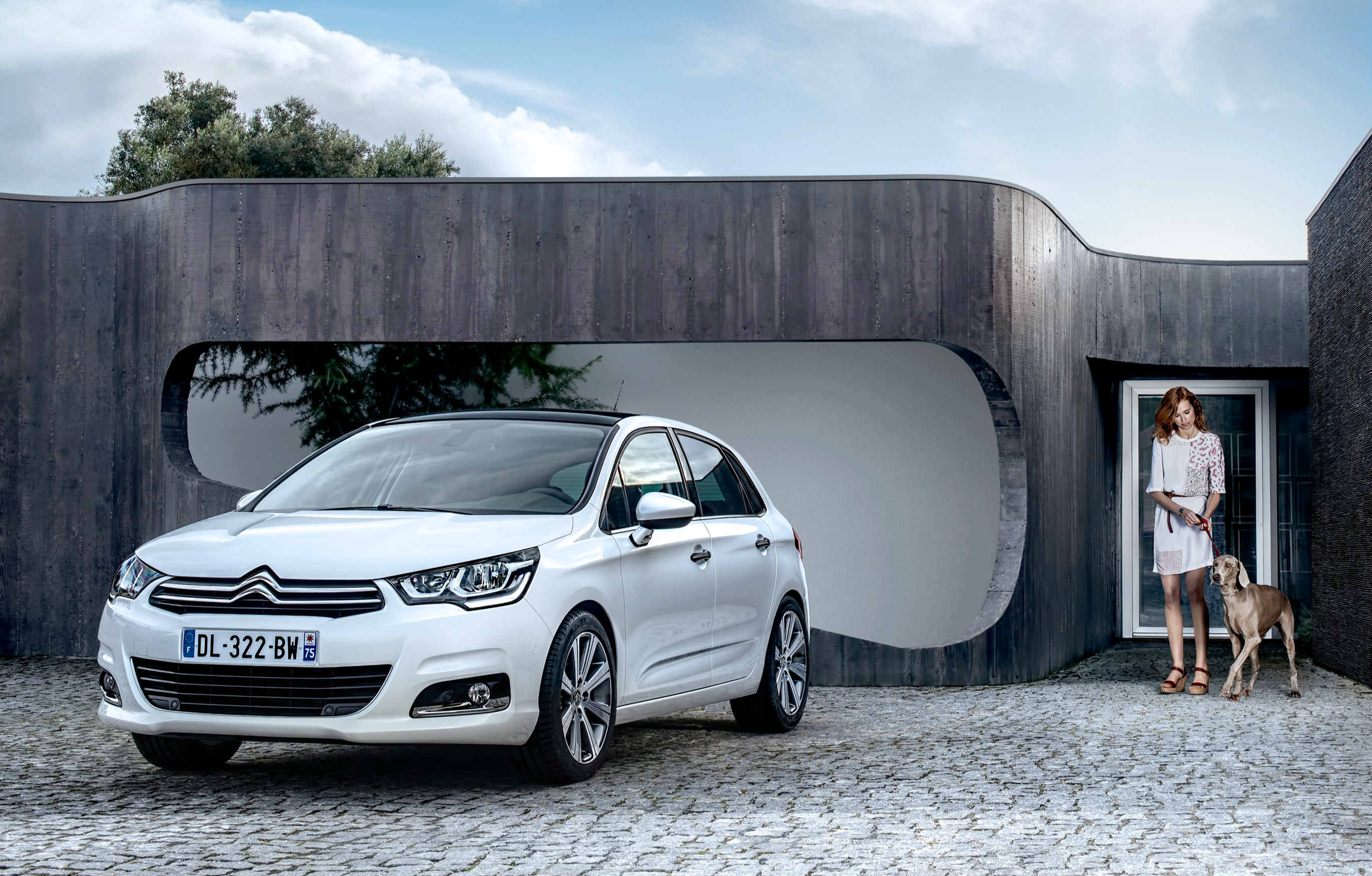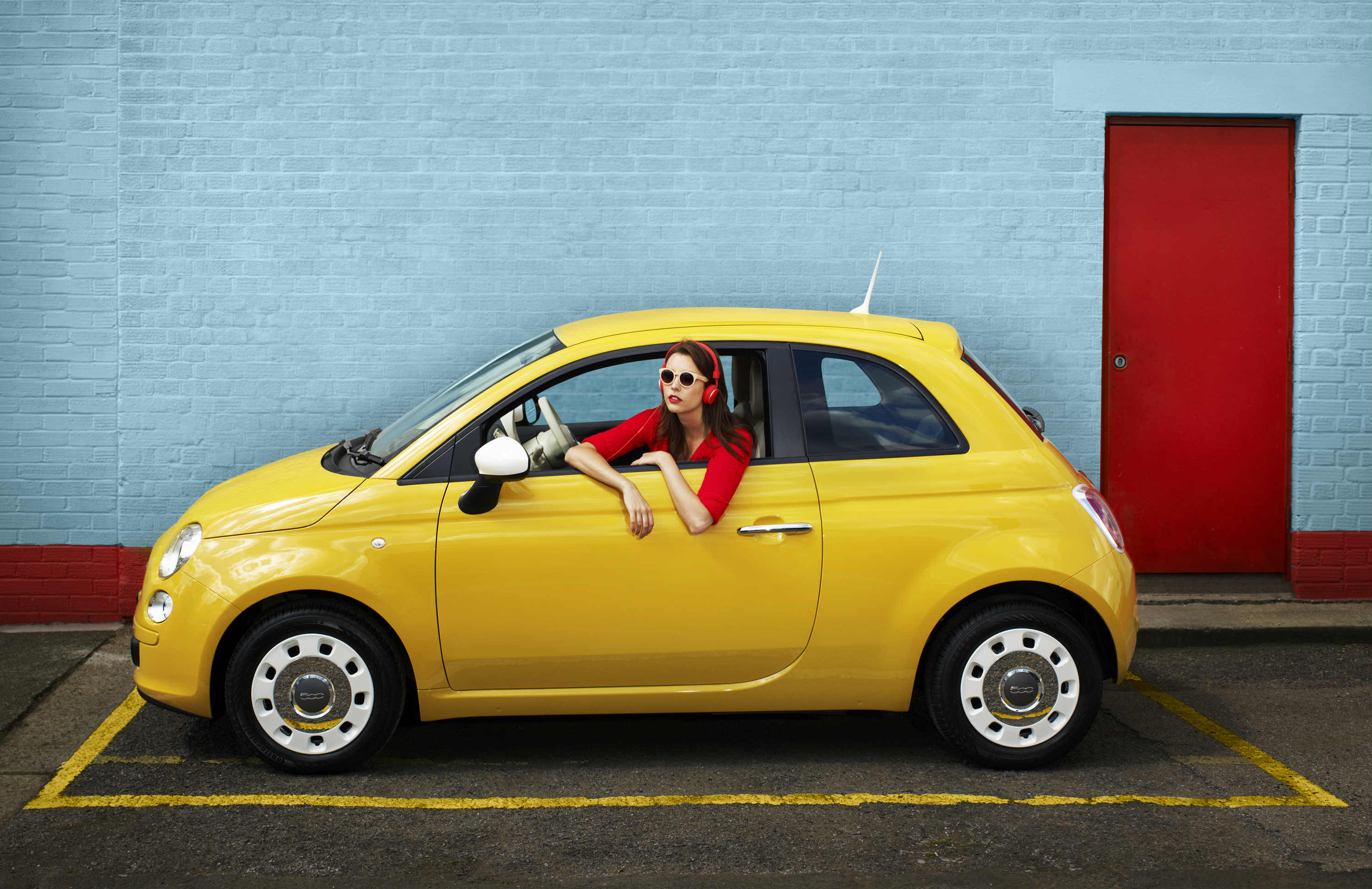Interest rates explained
Looking to take out a car loan? Before you decide which deal is right for you, be sure check out our guide to interest rates and how they work

What do interest rates mean?
If you’ve ever wanted to borrow or save money, you’ll probably have heard about interest rates. But what do they really mean? Interest rates can either tell you how much you’ll be charged to borrow money or how much you’ll be rewarding for saving. In car finance, it’s the charge you pay to borrow money to fund your used car purchase.
The interest rate will usually be shown as a percentage of the total loan amount and the higher that percentage is, the more you’ll have to pay back.
You can find out how much interest you’ll pay over the loan term by comparing the difference between the amount you borrowed and the total repayment figure. That difference will be the amount you pay to the lender to compensate them for losing the use of that money while you’re borrowing it.
How are interest rates decided?
In the UK, the base interest rate is set by the Bank of England, which affects the rates set by banks, building societies, and independent lenders. That’s why even small changes in the base rate can have a big impact on borrowing and saving.
The base rate is especially important if you’ve chosen a variable rate loan. The interest rate on this type of loan can increase or decrease depending on how the base rate changes over time. This means that if you took out finance when the rates were low, you should still have room in your budget to make sure you could cover higher monthly repayments if the base rate were to go up.
However, if you’ve taken out a fixed rate loan then the interest rates will stay the same throughout the length of your agreement, no matter what happens to the base rate.
APR and AER explained
Financial jargon can make interest rates even more confusing!
APR stands for annual percentage rate and it represents the total annual cost of borrowing money, including interest and any additional compulsory fees. Over time, APR is only charged on the outstanding debt rather than the original full loan amount.
The APR must be displayed by the lender before you sign a finance agreement with them so you can use it to compare car finance options and decide which would be best deal for you.
A representative APR is used to show you how much you might have to pay on an advertised loan. It’s not guaranteed; at least 51% of successful applicants will get the representative rate or lower but some might receive a higher rate.
AER is used for savers rather than borrowers. It stands for annual equivalent rate and will tell you how much you’ll get annually for saving money and leaving it in an account.
What affects the APR I’m offered?
APR rates offered depend on several factors including the UK’s base interest rate, the risk that the loan might not get paid back, and the length of the loan term. A borrower with a good credit score that is thought to be low risk will likely receive a lower interest rate than one with a poor credit history that represents a higher risk to the lender.
Looking to escape bad credit? The good news is that there are steps you can take to improve your credit score over time.
How much will I pay back on a loan?
Here’s an example of how you can work out how much you’ll pay back on a car loan:
Imagine you were taking out a £2000 loan with a 12-month term and an annual interest rate of 10%. The amount that you would pay back after a year when your agreement ends would be £2200 – the original £2000 loan plus 10% or £200.
It’s also worth noting that the total amount you pay back on a loan might change depending on if you borrow the money for a longer or shorter time.
 Win your car finance on us!
Win your car finance on us! 

